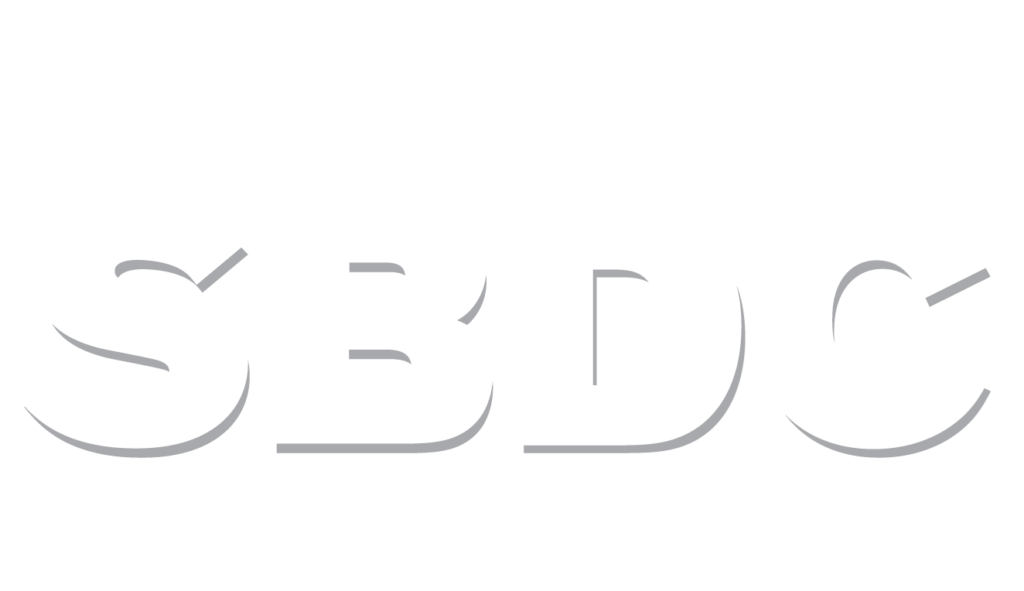Step 1: Learning your Way
You’ve started your business and there are things you didn’t know you needed until now. The Utah Small Business Development Centers (SBDC) can help you quickly get the information and skills you need. It’s like having an experienced business owner with an MBA looking over your shoulder. We help you understand the language of business and find helpful resources. The Utah SBDCs have many ways to answers your questions.
-
- Live SBDC workshops and classes accelerate your understanding of key business practices and give you the chance to ask questions of local professionals. These start-up workshops will give you tools and insights to start your business on solid ground.
- Sign up for a free consultation at the SBDC in your area to get access to this great, free resource. The SBDC’s offer you free, one-to-one confidential consulting. We want you to succeed, let us help.
- Once you’ve visited an SBDC, you can log into the Utah SBDC’s Entrepreneur Academy. Here you get an overview of business and specific information about critical issues such as sales tax, social media marketing and more. Learn online, at the best time for you.
- Our Resources page has business start-up checklists, spreadsheets, business plan outlines, and short tutorials to help you start the right way – find the documents and tutorials you need here.
Step 2: Find the SBDC in Your Area
You have a personal consultant in your area at the closest university, college or USU Extension office. Cover the essentials of successful business ownership and find a business consultant who can help at your closest SBDC.
Step 3: Complete the Online Request for Business Consulting
Do you want to speak one-to-one with a business consultant? Request an appointment here or call your local SBDC When you filling out the request form, the SBDC will contact you and make an appointment for a confidential consultation.
Questions to Consider:
1. Getting Customers
-
- Do you have a marketing plan?
- How will you market to people who might want your solution?
- What amount of money do you have or need to market?
- How will you position your solution compared to other solutions?
- What are your price, quality and customer service strategies?
2. Managing Your Business
-
- What will you need to manage the day-to-day operations of your business?
- Do you need to hire employees? If so, when and how will you find them?
- Are there any regulations or legal compliance issues you need to consider?
3. Operations
-
- How will you deliver your product and/or service to your customers?
- What are your facility, equipment, and furniture needs?
- How will you keep track of the money in your business?
- What are the monthly expenses of your business?
4. Funding
-
- How much money will you need to get started including the first 3 to 6 months?
- How much money will you need to support yourself and the business needs?
- Do you know where to find the money you need?
- What will be your profit margin?
5. Do You have a Plan?
-
- Do you have a marketing plan?
- Do you have a business plan?
- Will your business plan be considered by investors?
- Do you need a pitch to show potential investors?

